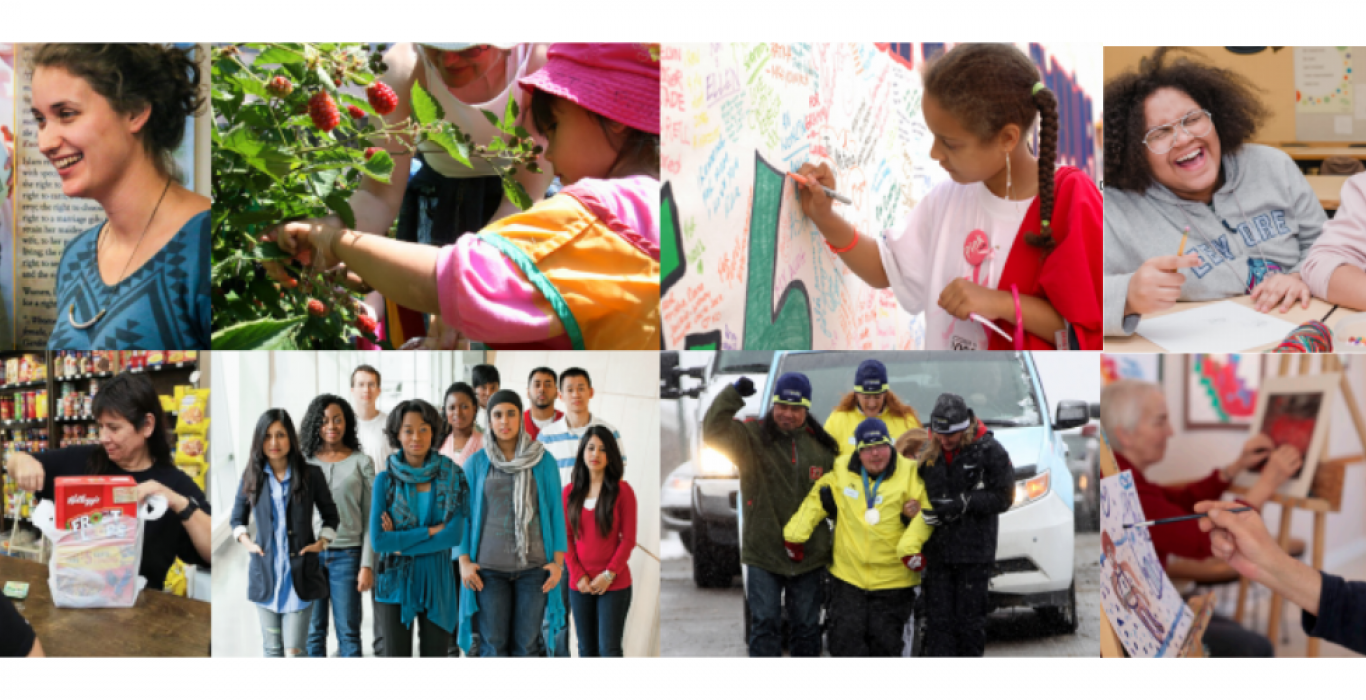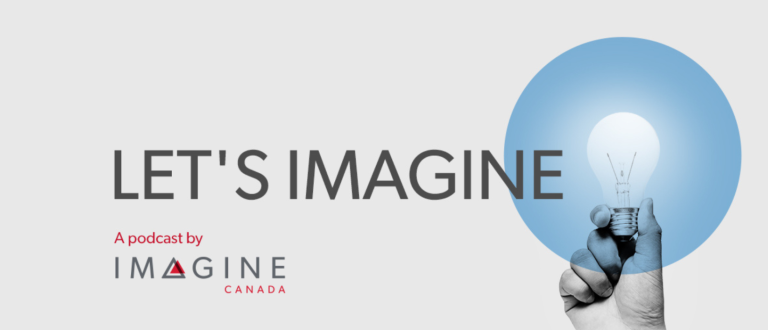As the vaccine rollout gathers steam, the end of the emergency phase of this pandemic is in sight and the long-awaited economic rebuild is hopefully around the corner. A question on the minds of many is to what extent do we seek to return to ‘normal’. As economist J. M. Keynes noted: our bewilderment at the idea of “the future being different from the present” is what feeds our great resistance to do things differently. But change we must.
Along with the destruction and death it has left behind, Covid-19 exposed many cleavages that exist within our society. It laid bare the deep inequities routinely experienced by women, members of racialized communities, those with disabilities and individuals struggling with mental health and addictions.
This pandemic also brought visibility to the largely impactful but invisible charitable and non-profit sector to our lives. Social good organizations represent 8.7 per cent of Canada’s Gross Domestic Product and employ more than 2.5 million Canadians. They engage 14 million volunteers who give two billion hours each year. While the pandemic has highlighted the crucial work of our sector in supporting our communities, it has also shown how greatly misunderstood it is by policy makers who still largely underestimate its potential.
As a response, some sector leaders convened by Imagine Canada began meeting regularly with the purpose of advocating collectively for an equitable recovery. This collective is inclusive, centers equity in its composition and focus, and has the flexibility to welcome new partners and engage government and key stakeholders in nonpartisan fashion. This collective is seizing the once in a generation opportunity to give depth and perspective to build better.
Investing in stabilizing the sector
With the federal budget just weeks away, we are advocating for financial support for the sector to ensure it has the capacity to help advance the quality of life and economic strength that equity brings. Ottawa must extend the emergency supports originally put in place to help weather the pandemic. Continuing wage and rent subsidies and other emergency core operating supports for charities and nonprofits will translate directly to meeting unmet community needs until event-based fundraising and earned revenue can fully restart. Government can also propel economic equity by providing additional funding and financing, particularly for smaller social good organizations critical to serving equity-seeking demographics.
As the country will soon enter the recovery and rebuild phase, the sector finds itself at cross roads. The boundaries between previously siloed sectors are blurring, technological shifts are fundamentally disrupting traditional models of program delivery, and resource mobilization continues to be greatly impacted by demographic changes.
The capacity of the sector to articulate an effective response to these stressors is limited by a fragmented and outdated government regulatory framework.
From stakeholder to a strategic partner
Fundamentally, we seek a shift in the relationship with the government from an ad-hoc stakeholder to a strategic partner. A recent report by the Senate “Catalyst for Change” provides a good starting point for addressing some of the immediate challenges. We are prioritizing two key areas. First, the creation of a “home in government” for the sector. We are encouraged by the recent response of the government to this report, where there appears to be openness to this idea. However, we should ensure that this home is central and sufficiently empowered to enable the whole of government policy coordination required, as well as badly needed funding and financing reform.
The second area is modernizing the regulatory framework to bring it to the 21 century. The current “Direction and Control” framework lends the impression that communities and organizations are being policed rather than enabled in their crucial work. The recently released report Under Layered Suspicion, highlights the problems associated with this model and its harmful effects when the regulated do not trust the regulator. The newly released report by the Advisory Committee on the Charitable Sector provided a number of recommendations to the Minister of Revenue including the appeals from CRA decisions should proceed to the Tax Court for a hearing de novo. An announcement in the upcoming Budget to adopt these recommendations will send the right signal to the sector leaders.
Canada is at a crossroads. We can go down a traditional path to recovery or we can fashion a truly equitable economic rebuild where human needs are integrated with economic growth. The upcoming budget will signal if Ottawa is seeking a meaningful transition to inclusive economic change that provides tangible benefits for all.
Guest contributions represent the personal opinions and insights of the authors and may not reflect the views or opinions of Imagine Canada.
Abdul Nakua has a broad experience in the technology and nonprofit sectors, with a professional career that spans over 20 years of technical leadership in technology organizations includes start-ups, as well as executive experience in the Non-profit sector. He is serving with the Muslim Association of Canada as part of the Executive Team with a broad portfolio that includes operations, community engagement, branding, and philanthropy and donor relations. He received the Queen Elizabeth II Diamond Jubilee Medal from the Ontario Minister of Citizenship and Immigration in 2013, in recognition of his contributions to the community leadership. He served as a Member of the Champions Council for the Mental Health in the Workplace with CivicAction. He currently serves on the board of directors for Ontario Nonprofit Network. Abdul is a member of the Sector Equitable Recovery Collective.



